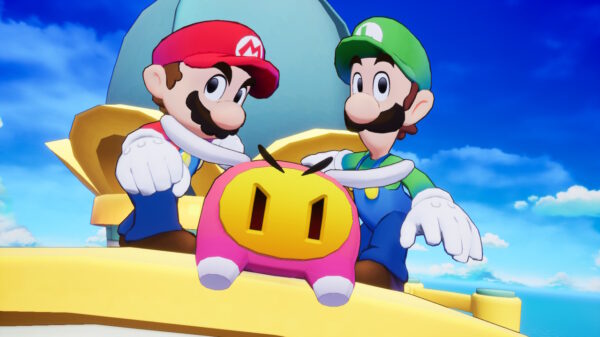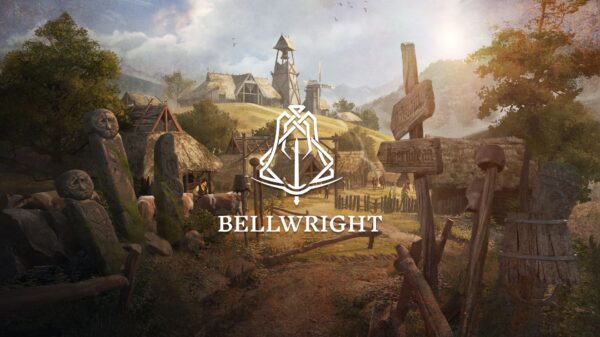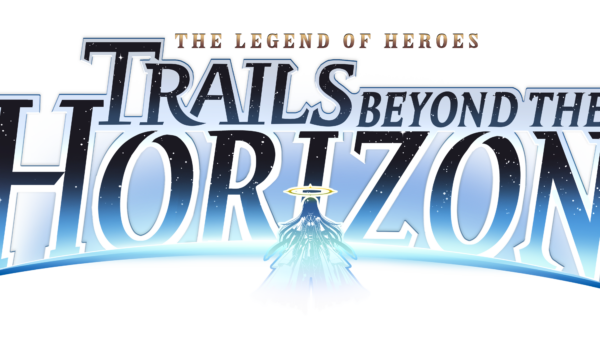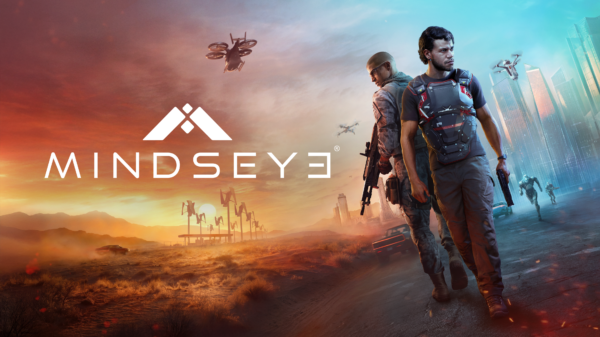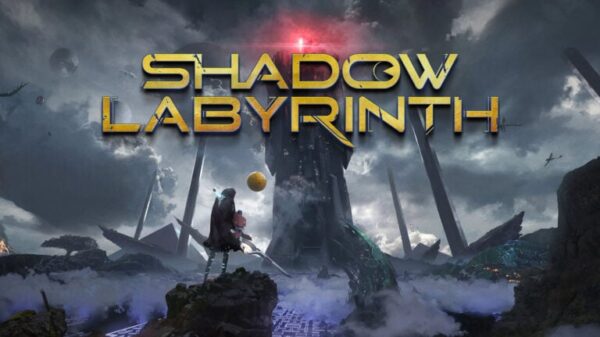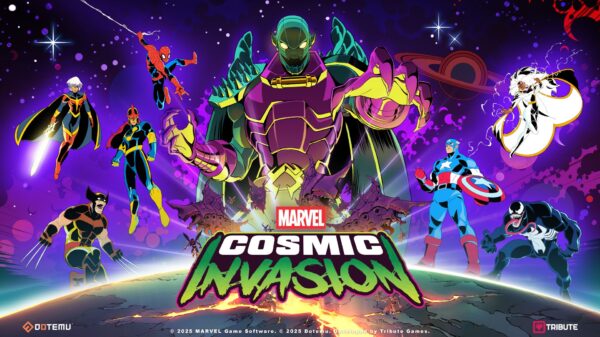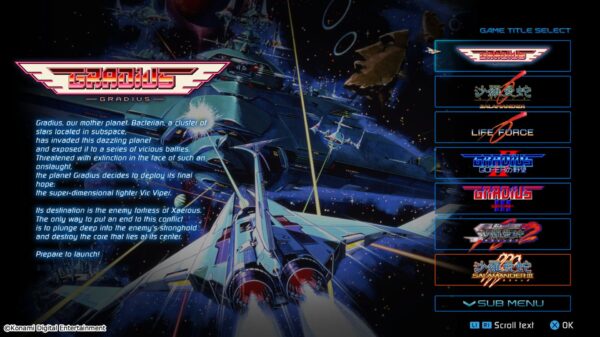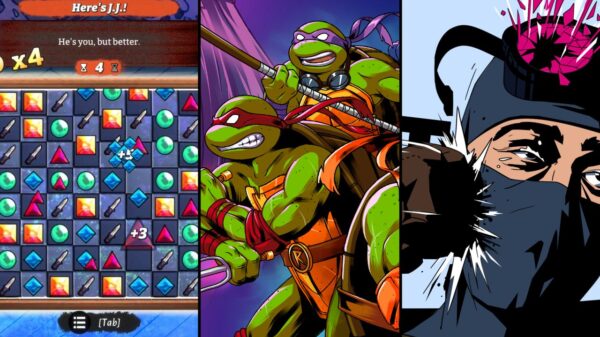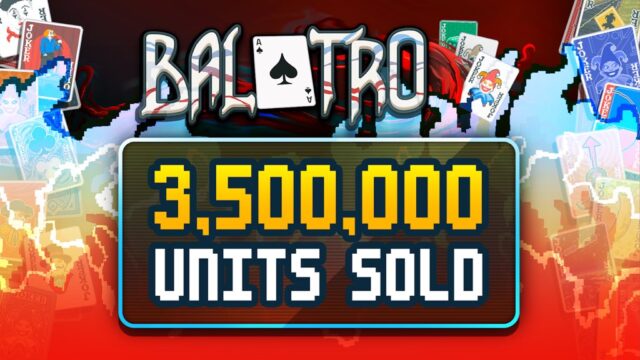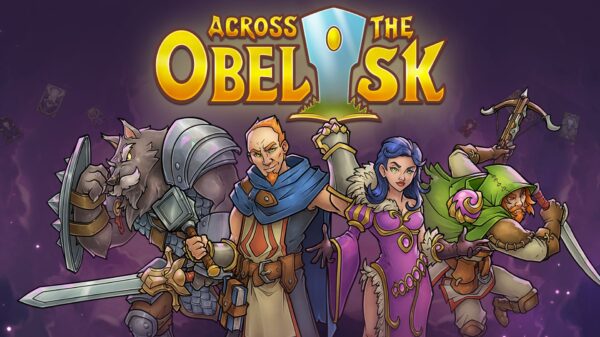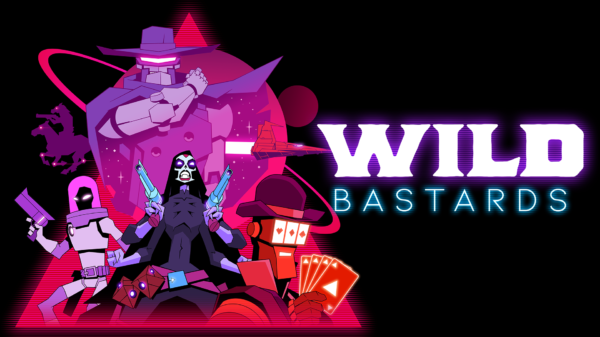Ratings boards are usually good for a laugh but have notoriously been a thorn in the side of creatives trying to market a product. Across the globe developers have had to deal with absurd classification issues from Valve dealing with Left 4 Dead 2 issues in Australia to the ESRB revoking Grand Theft Auto: San Andreas’ Mature rating after the “Hot Coffee” debacle. It’s no surprise these ratings boards take bizarre moral stances, after all, most of them are self-regulatory “non-profits” that seem to classify games arbitrarily. Most recently, PEGI, the Pan European Game Information age rating system has deemed Balatro, a roguelike where you build poker hands to achieve absurdly high chip counts, worthy of a 18+ rating.
The Balatro Rating Controversy
LocalThunk, the creator of Balatro and now winner of 3 Keighleys, has been in a battle with PEGI over the absurd 18+ rating for his deckbuilding roguelike. PEGI’s rating comes with an explanation that’s just as absurd. “This game teaches – by way of images, information and gameplay – skills and knowledge that are used in poker. “ Most importantly, they feel that the knowledge gained from Balatro can be translated to the game of poker. “Because these are hands that exist in the real world, this knowledge and skill could be transferred to a real-life game of poker.” That’s right, play enough Balatro and you’ll be robbing Vegas casinos blind in no time.
Refusing to just accept his fate, LocalThunk took to X (formerly Twitter) to proclaim his grievances. Instead of pointing out how absurd the Balatro rating was, he pointed out the hypocrisy of another rating.
“Since PEGI gave us an 18+ rating for having evil playing cards maybe I should add microtransactions/loot boxes/real gambling to lower that rating to 3+ like EA sports FC”
It’s true, PEGI’s rating for EA sports FC, a game loaded with microtransactions and loot boxes, has received a 3+ rating. Loot boxes have been a hot topic for the past decade as many have considered them a form of gambling. The gacha mechanic has generated a ton of money for the industry, with the National Library of Medicine reporting that in 2020 loot boxes made roughly 15 billion dollars alone. The research is enlightening and while the research itself focuses around the pandemic, the primary sample size is adolescents.
“Just to clear it up – I’m way more irked at the 3+ for these games with actual gambling mechanics for children than I am about Balatro having an 18+ rating If these other games were rated properly I’d happily accept the weirdo 18+. The red logo looks kinda dope” said LocalThunk in a follow-up tweet about the decision.
The Balatro creator reached out to PEGI for clarification and hoped to get the absurd decision overturned but was stonewalled.
“Talked with PEGI and they do not see anything wrong Balatro being rated 18+, nor with EA sports FC (and similar games) having a 3+ rating Blaming EU laws, blaming storefronts, waiting for the future. Sitting on their hands I thought some good might come of this, this sucks”
It’s unsurprising the arbiters of deciding video game ratings are as feckless and lacking in accountability as the industry’s management they preside over. Still, I’m not sure these hurdles will prove much of an issue for the developer who has seen over 3.5 million in sales and has won the Keighley for best debut indie game, best indie game, and best mobile game. And while that’s all well and good for Balatro, it makes me wonder what lesser-known titles will be affected by PEGI’s ridiculous reasoning.































